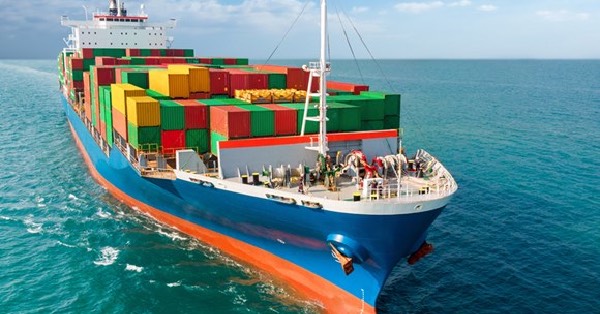For a number of years now, the IMO Secretariat has submitted reports to the IMO Legal Committee on several cases related to the fraudulent use of a country’s flag, and/or to the fraudulent operation of a registry without the purported flag country’s permission or knowledge. The IMO Secretariat studies these cases with the assistance of IHS Markit/S&P Global, who manage the IMO numbering scheme for both vessels and companies on behalf of IMO.
A presentation on the work of IHS Markit/S&P Global related to the fraudulent registration and fraudulent registries of ships ( 24 March) in the margins of the 109th session of the Legal Committee (21-25 March 2022) outlined the IMO module on Ship and Company Particulars of GISIS, which is available to the public. The module allows for the display of information on “false flag” ships. It is also possible to search for all the ships flying a “false flag”. read more – https://www.imo.org/en/MediaCentre/Pages/WhatsNew-1704.aspx
- Supporting implementation of air pollution and energy efficiency rules – MARPOL amendments enter into force
New requirements for fuel oil sampling and testing have entered into force under the MARPOL Convention Annex VI, supporting the implementation and enforcement of the IMO 2020 0.50% limit for sulphur in ships’ fuel oil.
The amendments are intended to support port State control and other environmental authorities, particularly those tasked with fuel sampling and testing, thereby enhancing a global level-playing-field in enforcement of IMO202.
The amendments were adopted by the Marine Environment Protection Committee (MEPC 75) in 2020.
Other amendments to MARPOL Annex VI significantly strengthen the Energy Efficiency Design Index (EEDI) “phase 3” requirements, bringing forward the entry into effect date of “phase 3” to 2022, from 2025, for several ship types, including gas carriers, general cargo ships and LNG carriers. This means that new ships-types built from that date must be significantly more energy efficient than the baseline.
The amendments to MARPOL Annex VI cover:
Read full story here – https://www.imo.org/en/MediaCentre/Pages/WhatsNew-1705.aspx
- Protecting the oceans – ban on disposal at sea of sewage sludge proposed
A global ban on the dumping of sewage sludge at sea is a step closer, following the submission to IMO of a proposal to amend the 1996 London Protocol on the prevention of marine pollution by the dumping of wastes.
Sewage sludge is a waste that currently may be considered for dumping at sea under both the London 1996 Protocol and its precursor 1972 Convention. In the past, a substantial number of States permitted the dumping of this waste at sea.
Under the London Protocol all dumping is prohibited, except for possibly acceptable wastes on the so-called “reverse list” (Annex 1). The proposal, submitted by the Republic of Korea and Mexico, would amend the Annex to remove sewage sludge from the permitted list. If the proposal is agreed by the Contracting Parties, then the dumping of sewage sludge at sea would be prohibited worldwide. read more:
https://www.imo.org/en/MediaCentre/Pages/WhatsNew-1701.aspx
- PPR opens – read opening speech here
https://www.imo.org/en/MediaCentre/SecretaryGeneral/Pages/PPR-9-.aspx
- New Global Industry Alliance launched to tackle sea-based marine plastic litter
UN entities and the private sector have joined forces to tackle sea-based marine plastic litter through the GloLitter Partnerships Project.
A ground-breaking Global Industry Alliance (GIA), led by the UN GlobalCompact, was launched in the Port of Oslo, Norway (24 March). The GIA will help tackle one of the most pressing issues in marine ecosystems of our time – plastic entering the ocean.
Collecte Localisation Satellites (CLS), Wilhelmsen Ships Service Marine Products, Vow ASA, Aker Biomarine, and Container Overboard System (COBS) will work together with the GloLitter Partnerships Project, an International Maritime Organization (IMO) project with the Food and Agricultural Organization (FAO) as an implementing partner, to support developing countries in identifying opportunities for the prevention and reduction of marine litter.









































